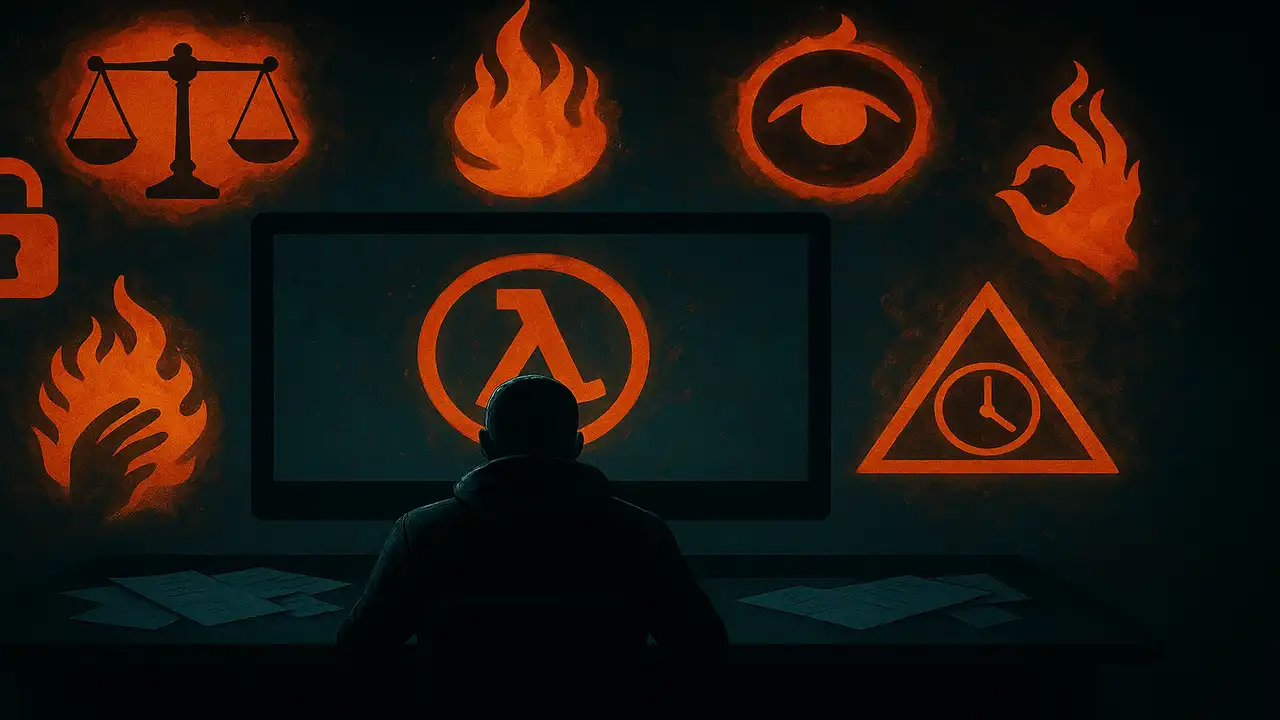Strike #5: The Seven Deadly Sins of Valve’s TOR

Strike #5: The Seven Deadly Sins of Valve’s TOR
Eight months into the new Valve-regulated ecosystem, tournament organizers are still struggling to meet the Tournament Operation Requirements (TOR). More than a year after the rulebook was introduced in January, missteps are still common due to unclear communication and ambiguous rules.
Although some rules have since been clarified and organizers have learned from early mistakes, compliance issues persist—ranging from missing simple checklists to outright violations of Valve’s intent for fairness. These missteps have led to some events being downgraded or declared unranked, disrupting both planning and player expectations.
To help Tournament Operators avoid repeating these errors, here’s a breakdown of the most critical violations that have forced Valve’s intervention:
1. Favoritism
“Everyone who looks at a team with lustful intent has already committed favoritism with it in his heart.”
In the name of combatting exclusivity, organizers are no longer allowed to hand-pick teams—but that’s what happened during MESA Nomadic Masters Fall. A so-called “oversight” gave certain teams early access to registration for what should have been an open, first-come-first-served qualifier, violating Valve’s rule 3.5. As a result, the tournament was marked as unranked.
2. Opacity
“Whoever conceals his bans will not prosper, but he who confesses them will obtain mercy.”
CCT ran into trouble by excluding some teams from invites without explanation—believed to be shadow-bans. Valve demands that disqualification rules and decisions be clearly published beforehand and at the time those actions occur (rule 5.4).
3. Tardiness
“How long will you lie there, O tournament organizer? When will you arise from your sleep?... and unrankedness will come upon you like a robber.”
Organizers must meet deadlines, not only for initial event announcements but also for complete details. Perfect World’s CS Asia Championships 2025 missed key deadlines for revealing full information, leading to a downgrade to Tier 2. StarLadder is reportedly overdue in announcing details for StarSeries May 2026.
4. Negligence
“Whoever knows the right thing to announce and fails to do it, for him it is sin.”
Even though Valve sets clear checklists for required announcements, many TOs still fail to hit all the points, risking compliance and ranking status.
Supplementing with Related Verified Information
I looked for other HLTV articles or interviews that could add useful context, though none directly comment on TOR compliance. Still, here are some broader insights:
About the author:
Milan “Striker” Švejda is HLTV’s editor-in-chief, with over a decade of experience in news and tournament format analysis. He regularly contributes to the HLTV Confirmed podcast and is part of the HLTV Awards committee.
Community and social media note:
HLTV shared the article’s release on X (Twitter) on September 3, 2025.
Final Thoughts
This article illustrates how, even months after releasing the TOR rulebook, inconsistencies in Organizer behavior and Valve’s communication continue to cause frustration across the circuit. Valve steps in when norms are breached, but clarity and timeliness remain key for smooth operations.





